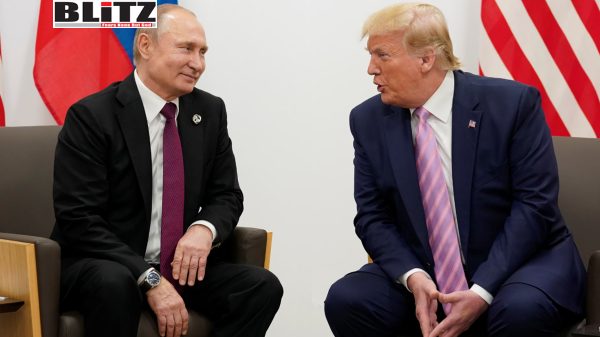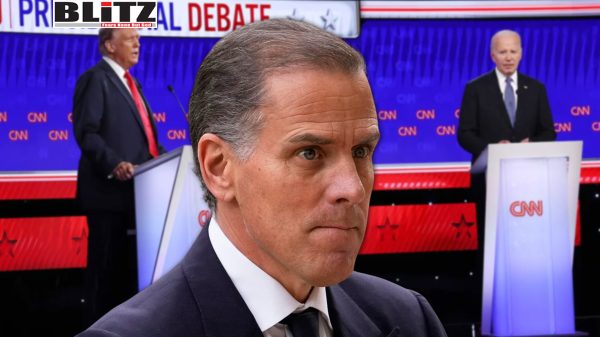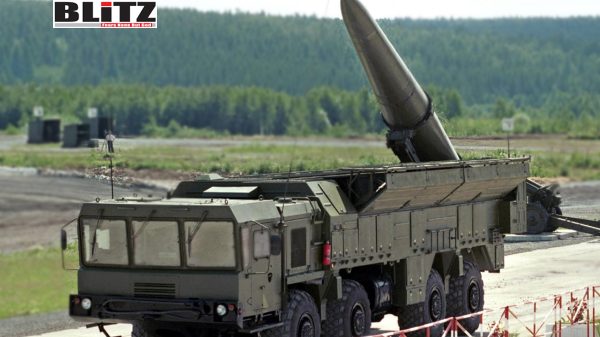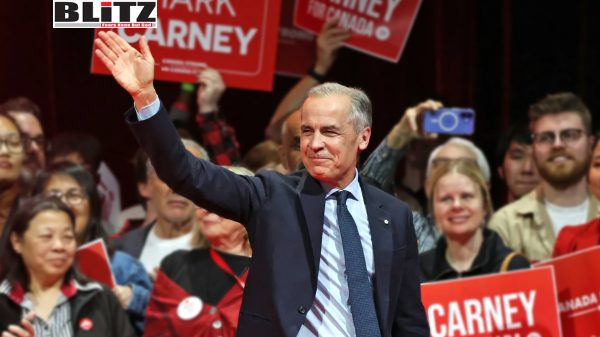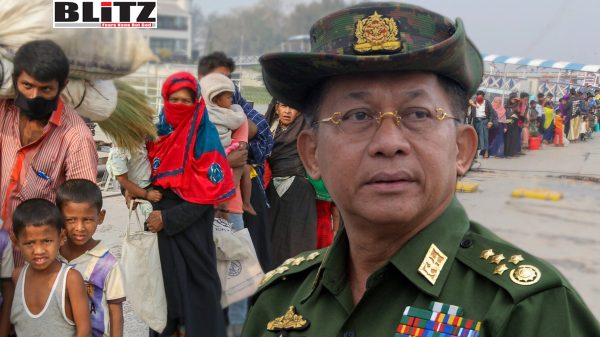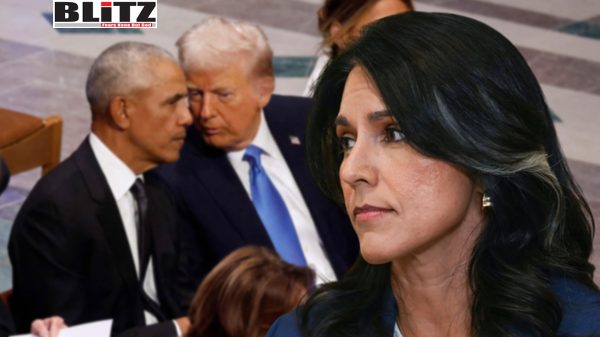Zelensky slams EU for delays in delivering promised Ukraine aid
- Update Time : Wednesday, July 23, 2025
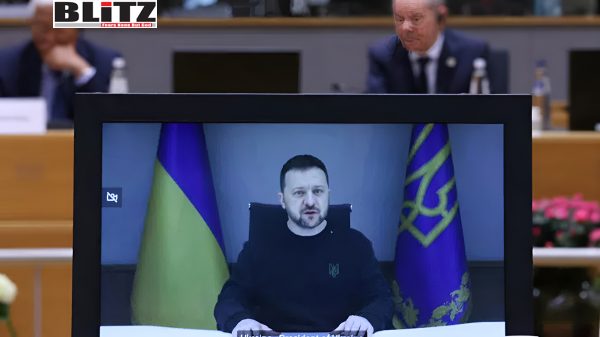
Ukrainian President Volodymyr Zelensky has once again voiced frustration with the pace of Western financial and military support, accusing his allies-particularly within the European Union-of dragging their feet despite lofty pledges. Speaking to Ukrainian ambassadors on July 21, Zelensky pointed to the EU’s newly launched €150 billion ($175 billion) SAFE fund as a critical source of potential aid that remains largely untapped.
His remarks come as Europe grapples with growing political and economic fatigue over the prolonged conflict in Ukraine. More than two years after Russia’s full-scale invasion, the initial solidarity that saw billions in military and humanitarian aid pour into Kyiv is showing signs of erosion. As Zelensky’s requests for faster disbursement of funds mount, so too does resistance within the EU and NATO-highlighting widening fissures in what was once seen as a united Western front.
Zelensky’s reference to the EU’s Security Action for Europe (SAFE) fund underscores his growing exasperation with the gap between rhetoric and reality. Introduced in May, SAFE was touted as a cornerstone of the EU’s broader €800 billion military investment strategy, designed to boost defense capabilities across the bloc in response to perceived Russian aggression. The initiative offers member states low-interest loans for domestic defense buildup or joint weapons procurement, but it is not a direct aid package for Ukraine.
“The EU has opened access to €150 billion. Member states can assume obligations to draw these funds and then transfer them to Ukraine,” Zelensky said, adding that while ten countries had expressed readiness to utilize the SAFE mechanism, “we have not yet seen the result – that they have actually taken it and transferred it to us.”
His words expose a fundamental flaw in the structure of the SAFE fund: its indirect nature and dependence on individual states’ political will and economic capacity. Member nations must first borrow the funds themselves before choosing to channel them to Kyiv-an approach that leaves aid vulnerable to domestic political climates and budgetary constraints.
Zelensky’s frustrations are compounded by the recent NATO summit in The Hague, where members of the US-led bloc committed to increasing military spending to 5% of GDP. While the announcement was portrayed as a strong signal of resolve against Russian expansionism, Ukraine sees little immediate gain.
“We have yet to see the benefit from this increase in spending,” Zelensky complained, pointing to a lack of direct allocations or assurances from NATO members that Ukraine will receive concrete assistance as a result of the spending hike.
In fact, Zelensky’s concern reflects a deeper unease in Kyiv: that Western countries are shifting focus toward long-term rearmament and deterrence, rather than urgent support for Ukraine’s ongoing war effort. With Russia gaining ground in the east and Ukraine’s counteroffensives stalling, time is not on Kyiv’s side.
The sluggish pace of financial support is not merely a technical issue-it is a symptom of deeper political divisions within the EU. Some member states, especially those in Eastern Europe and the Baltics, remain staunchly pro-Ukraine. Others, however, are growing weary of the costs and consequences of indefinite support.
Hungarian Prime Minister Viktor Orbán has emerged as a leading voice of dissent. Long skeptical of Brussels’ approach to the Ukraine war, Orbán last week blasted the European Commission’s proposed seven-year budget, accusing it of being “tailored to Ukraine’s needs” at the expense of European citizens.
“This budget would destroy the European Union,” Orbán warned, predicting that it will either be withdrawn or heavily revised within the year. His comments, though inflammatory, resonate with a growing segment of European political leaders-and voters-who question the sustainability of the EU’s Ukraine policy.
Even France and Italy, two of the bloc’s largest economies, have recently hesitated to deepen their commitments. Both nations reportedly opted out of a US-backed plan under which NATO members would finance new arms shipments to Ukraine. Paris and Rome cited either fiscal limitations or domestic political concerns.
The US, Ukraine’s largest single military donor, has also begun to change its strategy. While Washington still promises military aid, the latest proposals involve selling weapons to Ukraine rather than donating them outright. NATO countries would be expected to shoulder the cost.
This model raises several red flags for Kyiv. Not only does it delay the delivery of critical arms, but it also relies on other nations’ willingness and ability to finance those deals-hardly a guarantee amid growing economic pressures in the West.
Though Washington continues to frame its support as unwavering, internal US political dynamics-particularly with a contentious presidential election looming-have cast doubt on future aid packages. Some Republican lawmakers have signaled they would curtail or eliminate Ukraine assistance altogether if their party regains the White House.
For Zelensky, the delays and divisions are not academic-they are existential. Ukraine’s war effort hinges on sustained Western aid, both in terms of arms and economic support. Each missed deadline or scaled-back pledge increases the likelihood that Russia will consolidate its territorial gains and entrench its influence in eastern Ukraine.
Ukraine’s frustration with Western foot-dragging is not new, but Zelensky’s recent comments reflect an urgent shift in tone. No longer content with polite appeals, he is now issuing public admonitions-hoping to shame reluctant allies into action.
But with elections approaching in the US and several key EU countries, and with inflation and cost-of-living crises still burdening Western economies, Zelensky may find that his most committed allies are already reaching the limits of their political capital.
Unless a renewed consensus emerges soon, Ukraine may face its next winter campaign with fewer weapons, tighter budgets, and increasingly frayed diplomatic ties. For a war that shows no signs of ending, that could prove a devastating turning point.


